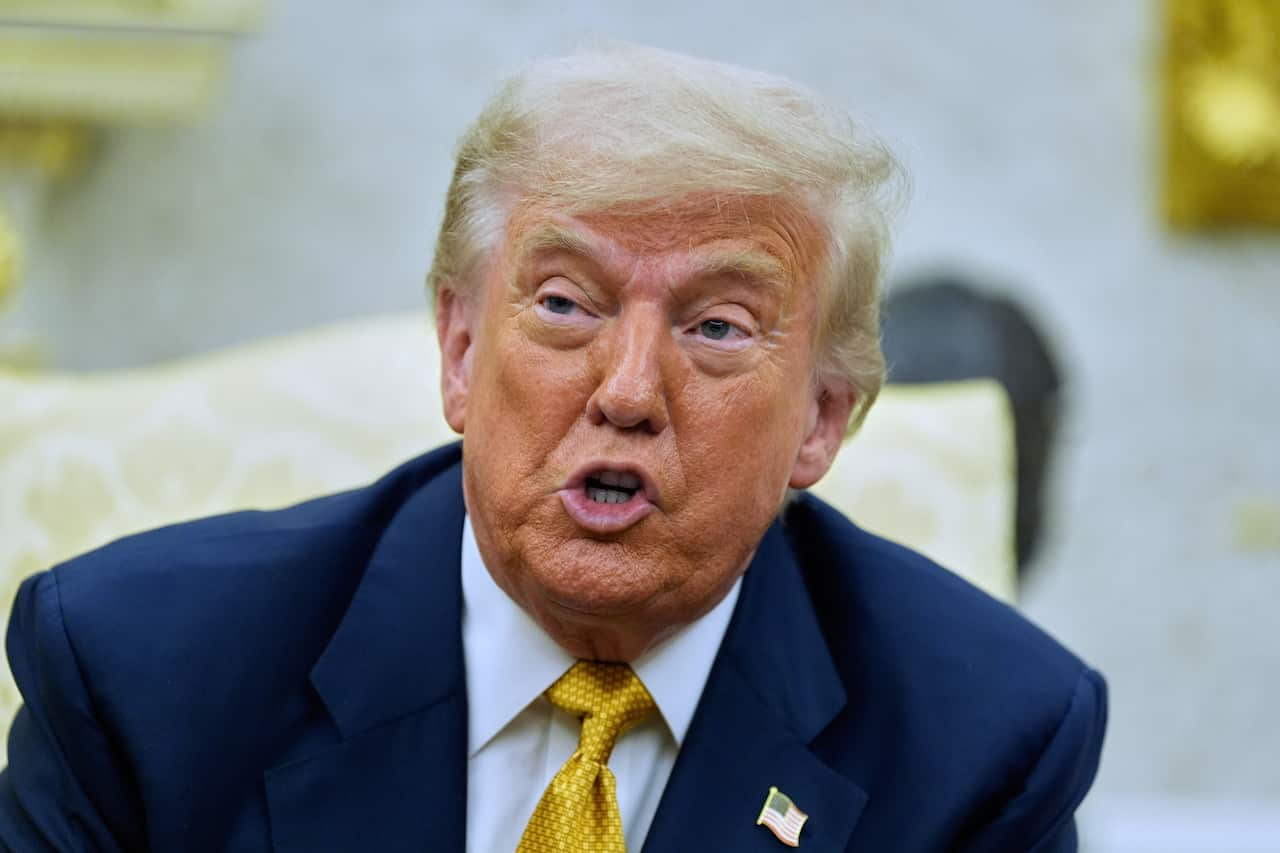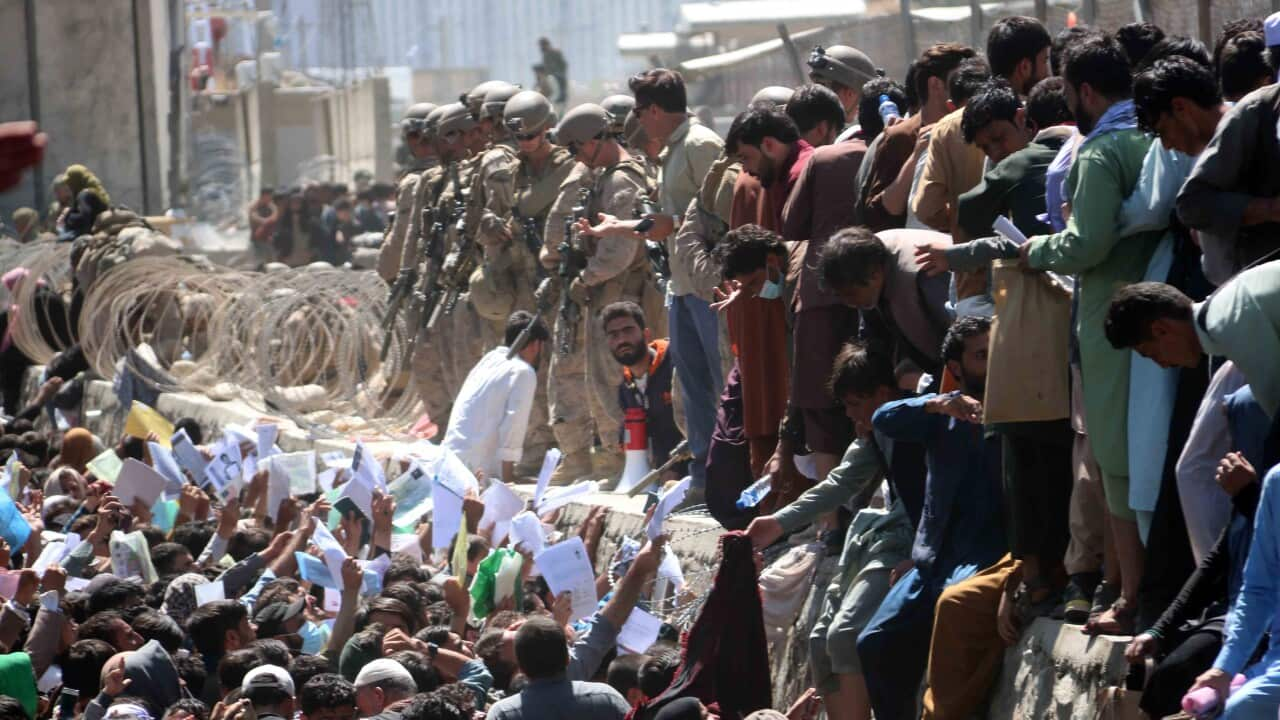Days before United States President Donald Trump pledged to help Afghan evacuees stuck in the United Arab Emirates, the Emirati government had already started returning them to Afghanistan and informed the US, according to a US state department cable seen by Reuters.
The UAE, a close security partner of the US, agreed in 2021 to temporarily house several thousand Afghans evacuated from Kabul as the Taliban ousted the US-backed government during the final stages of the US-led withdrawal.
Throughout the years, about 17,000 Afghan evacuees have been processed through the Abu Dhabi facility, known as Emirates Humanitarian City. But more than 30 remaining Afghans have been stuck, with their fate in limbo.
News outlet Just the News reported UAE officials were preparing to hand over some Afghan refugees to the Taliban.
"I will try to save them, starting right now," Trump said in a post on Truth Social on the weekend that linked to an article on the Afghans held in limbo there.
However, it may already be too late for some.
Families sent back to Afghanistan
In a 10 July meeting with US officials in Abu Dhabi, Salem al-Zaabi, UAE special adviser to the foreign minister, told the Americans two families had been "successfully and safely" sent back to Afghanistan in early July, the cable, which had the same date as the meeting, said.

Al-Zaabi told US officials that while the UAE understood the US policy, it intended to "close this chapter for good" and would therefore return the remaining 25 Afghans by 20 July, according to the cable.
He said the Emirati government would seek assurances from the Taliban that their safety is guaranteed.
It was not immediately clear whether the remaining persons had been sent back or the circumstances of the two families who were returned to Afghanistan.
Afghans in Qatar also stuck
Al-Zaabi told the US officials that the two families were returned to Afghanistan in early July "at their request, since they were tired of waiting", the cable said.
But two sources familiar with the matter disputed that account, saying the UAE government and the Taliban's ambassador to the UAE were making Afghan families at the Emirates Humanitarian City choose between signing a 'voluntary' deportation letter to Afghanistan or being arrested to be forcefully deported to the country.
The cable also said al-Zaabi asked the US to coordinate "perception management" to ensure the US and Abu Dhabi were aligned on their messaging on the topic, as the UAE did not want criticism from the NGOs, "due to the inability of the United States to resettle the population in the United States or elsewhere".
The fate of more than 30 Afghan evacuees and how the administration handles their cases is crucial for the future of another 1,500 Afghan men, women and children who have been stuck in a similar facility in Camp As Sayliyah in Qatar.
Former US president Joe Biden's administration, since its chaotic US troop withdrawal from Afghanistan, has brought nearly 200,000 Afghans to the US.
Trump, a Republican who promised a far-reaching immigration crackdown, suspended refugee resettlement after he took office in January.
In April, the Trump administration terminated temporary deportation protections for thousands of Afghans in the US.
Democrats have urged Trump to restore temporary protected status for Afghans, saying women and children could face particular harm under the Taliban-led government.
Since seizing power, Afghanistan's Taliban administration has rolled back hard-fought rights won by Afghan women and girls during two decades of rule by US-backed governments.
They have imposed limits on schooling, work and general independence in daily life.
Refugees include family members of Afghan-American US military personnel, children cleared to reunite with their parents, relatives of Afghans already admitted and tens of thousands of Afghans who worked for the US government during the 20-year war.
Shawn VanDiver, president of the #AfghanEvac advocacy group, urged Trump to follow up on his post with action.
"President Trump has the authority to do the right thing. He should instruct DHS [Department of Homeland Security] and the Department of State to expedite processing, push for third-country partnerships, and ensure that we never again leave our wartime allies behind."
For the latest from SBS News, download our app and subscribe to our newsletter.

